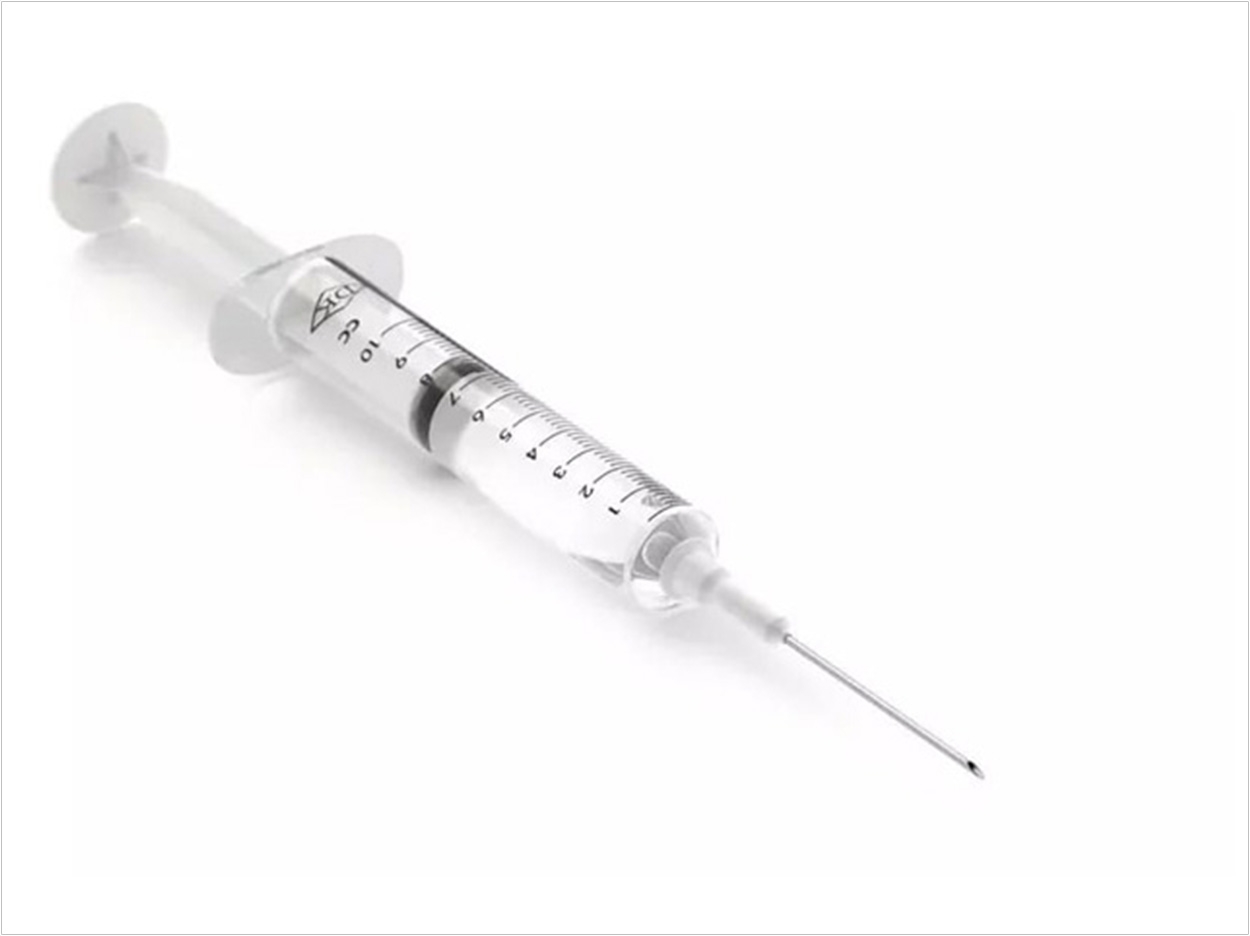
Botox therapy can provide significant relief with only a mild risk for negative effects to patients with stubborn pain in the muscles involved in chewing, according to a team of researchers at Massachusetts General Hospital in Boston. Chemically known as botulinum toxin A, Botox is a protein made from bacteria that, when injected, stops nerve signals that command muscles to contract, resulting in a months-long decrease in muscle activity.
To determine the therapy’s safety and effectiveness in treating jaw pain, the researchers conducted a retrospective review of 116 patients at the hospital who had at least two Botox injection cycles for refractory masticatory myalgia that had not responded to other therapies. These patients also had coexisting chronic pain disorders and were receiving other therapies and/or taking medications.
Nearly a third of the participants (30.6%) reported significant pain relief, defined as 75% or greater, for an average of 10.1 weeks. Also, 39.8% had moderate relief for 8.7 weeks on average, and 29.6% had no or minimal relief for 1.3 weeks on average. The researchers called these results significant for these patients, as 72.9% of them had been in pain for at least five years, with 60% or more receiving two or more concurrent therapies.
However, 16.4% had at least one negative effect during the two injection cycles. Those who had significant pain relief had the largest number of adverse effects at 30.3%. The most common side effect was a decrease in the size of the masticatory muscle, possibly due to blocked release of a chemical that activates muscles, the researchers suggested. All of the negative effects were minor and brief, though, with full recovery within 16 weeks.
The simultaneous use of opioid pain relievers was a predictor of no relief or minimal relief. Of the participants, 36% were using a long-term opioid therapy. Long-term opioid use can result in opioid-induced hyperalgesia, a painful response to the medications. Also, chronic pain disorders can diminish the effects of pain relievers. Together, the researchers noted, these factors may lead to poor outcomes and responses to therapy.
The study, “Effectiveness, Safety, and Predictors of Response to Botulinum Toxin Type A in Refractory Masticatory Myalgia: A Retrospective Study,” was published by the Journal of Oral and Maxillofacial Surgery.
Related Articles
Nevada Hygienists Approved to Perform Botox Procedures
Should You Add Facial Injectables to Your Practice?
TMD Treatment May Alleviate Meniere’s Disease












